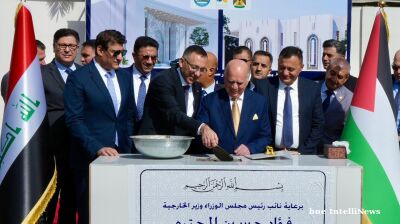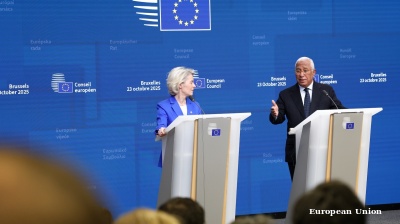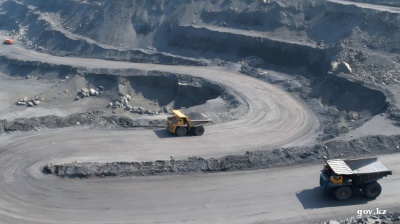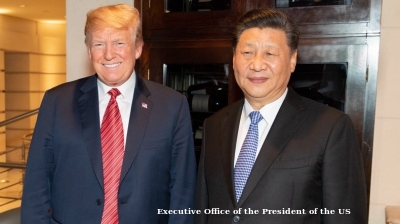Bulgaria will most likely apply to enter the Eurozone’s waiting room, the European Exchange Rate Mechanism (ERM2), in the first half of 2018, Finance Minister Vladislav Goranov said on January 11.
An application to enter the ERM2 during Bulgaria’s six-month presidency of the EU Council was already expected. In December, the country got a positive signal from Brussels that it might be accepted in the ERM2 as Valdis Dombrovskis, European Commission’s Vice-President for the Euro and Social Dialogue, said that it would not be difficult for the country to enter the ERM2, as its currency, the lev, is already pegged to the euro.
According to Goranov, the country has already initiated talks on its entry to the ERM2 with the European Central Bank and the governments of fellow EU member states, daily Dnevnik reported.
“We do not pose any risk for the Eurozone,” Dnevnik quoted Goranov as saying.
The finance minister’s announcement coincided with the official launch of Bulgaria’s EU Council presidency.
The government led by Boyko Borissov will most likely try to indirectly lobby for its inclusion in the ERM2 while chairing the EU Council and will use any positive outcome during the presidency for its own future benefit, Petar Cholakov, chief assistant at the Social Control, Deviation and Conflicts department at the Sofia-based Institute for the Study of Societies and Knowledge, told bne IntelliNews in December.
Sofia has been keen to use the presidency to improve its standing within the bloc; as one of the most recent entrants and its poorest economy it is currently seen as being on the periphery of the union. However, a failure to tackle persistent corruption and a wave of negative events including mass protests and the murder of a prominent businessman during the opening days of the presidency could jeopardise this goal.
Still, Sofia appears to have the support of some leading European politicians. In August, French President Emmanuel Macron promised Borissov that he would support the country’s accession to the single currency area and to the Organisation for Economic Cooperation and Development (OECD). Macron also admitted that the country meets all the requirements for membership of the Schengen area.
The country joined the EU in January 2007, but is not yet a member of the Schengen visa zone, as it is failing to meet EU standards in fighting corruption and organised crime, as confirmed in the EU’s latest Co-operation and Verification Mechanism (CVM) report issued in November.
News
_1761305900.jpg)
Latin America edges up growth forecasts but remains trapped in low gear, ECLAC says
Latin America and the Caribbean will expand 2.4% this year, the Economic Commission for Latin America and the Caribbean said, marking the second upward revision since April but pointing to the region's struggle to escape chronically weak growth.

Palestinian ambassador pledges Iraqi embassy in Jerusalem
Palestinian ambassador pledges to open Iraqi embassy in Jerusalem as Iraq lays foundation stone for Palestinian ambassador's residence in Baghdad's new diplomatic quarter covering 300 hectares.

EU pledges ongoing support for Ukraine, defers decision on Russian assets
European Union leaders pledged continued financial backing for Ukraine over the next two years, but delayed a decision on tapping billions of euros in frozen Russian assets to fund Kyiv’s defence

Trump Administration striving to strike critical minerals deal with Kazakhstan
Pushing for US firm to win rights to develop major tungsten deposits.




